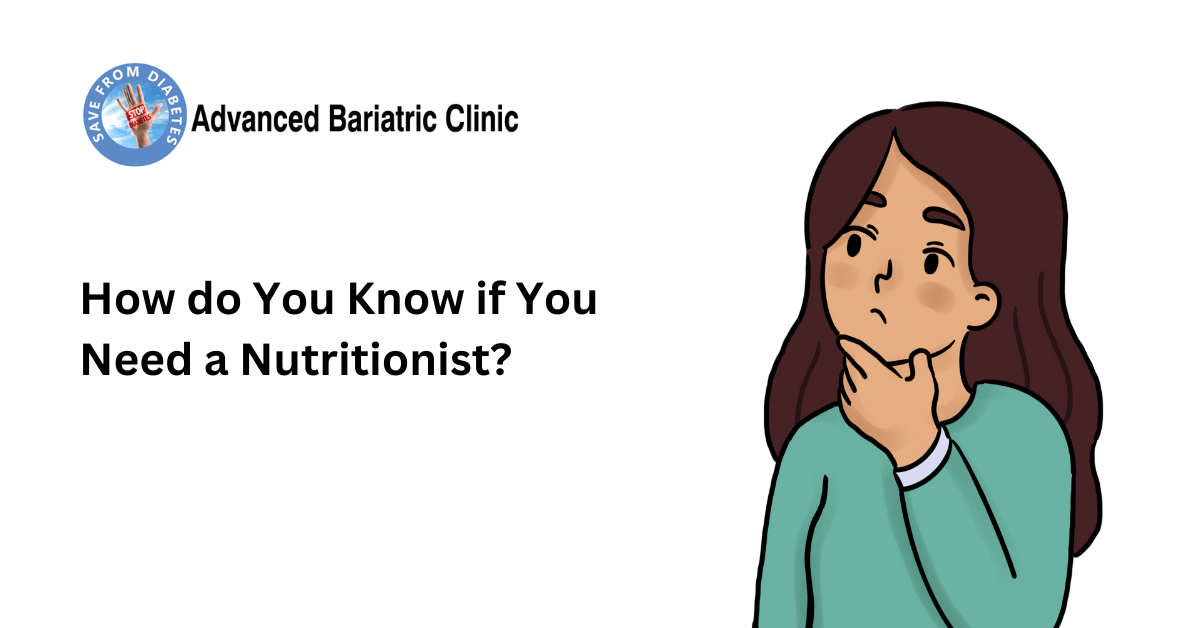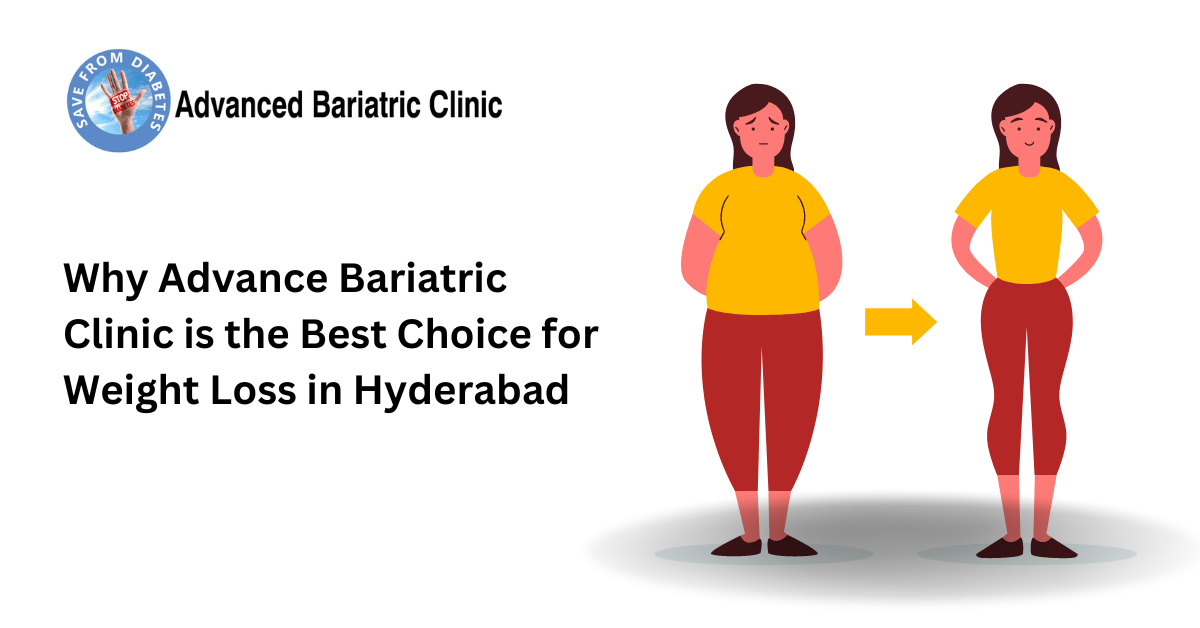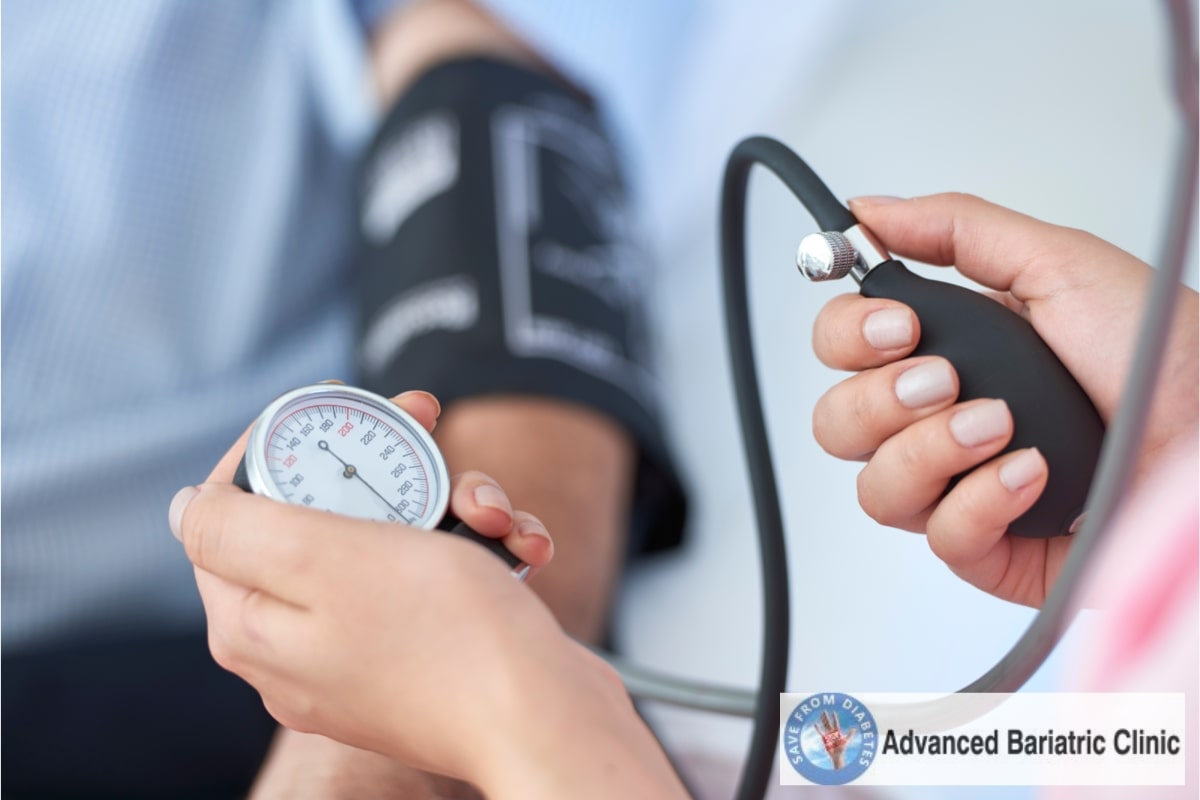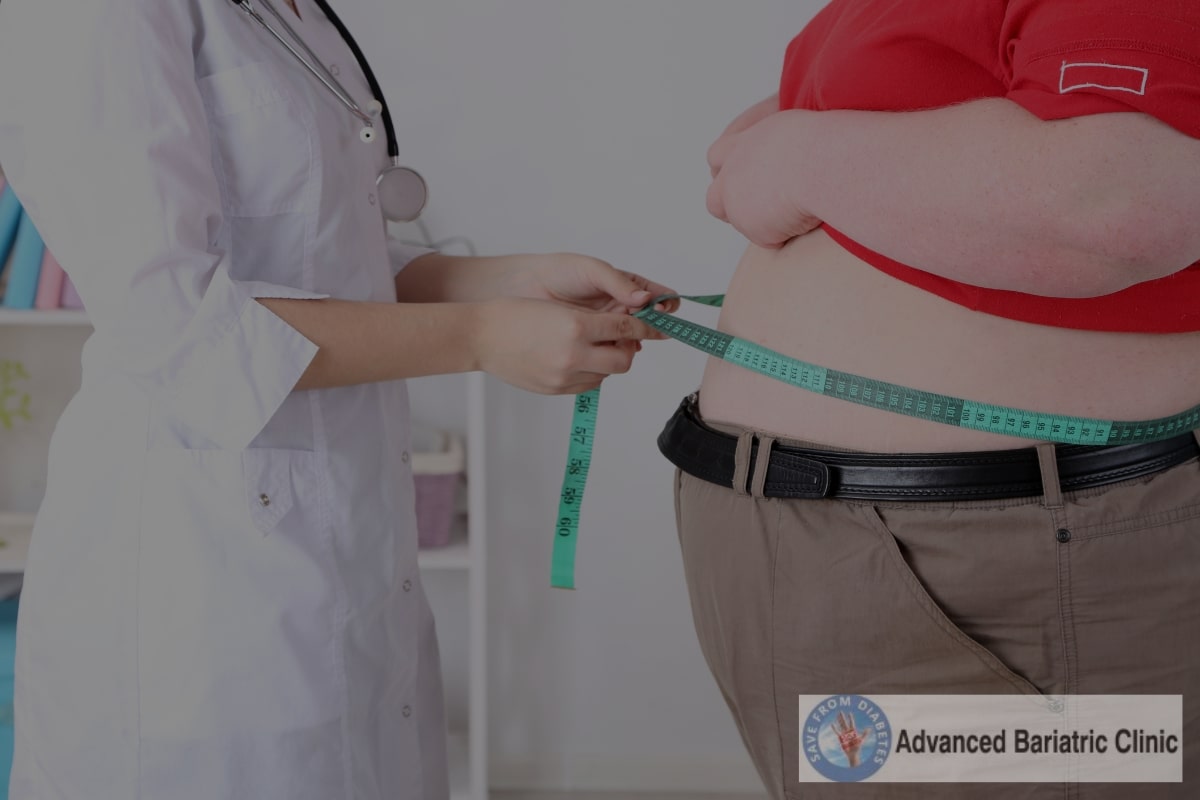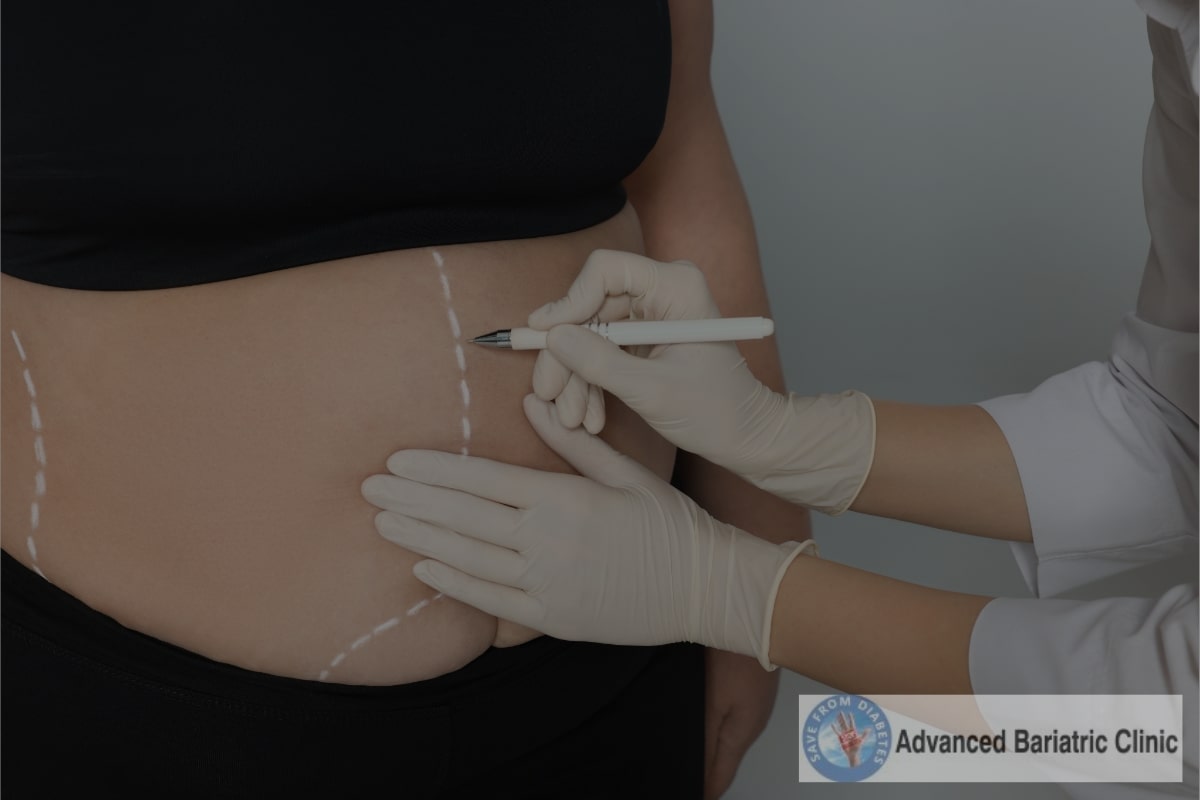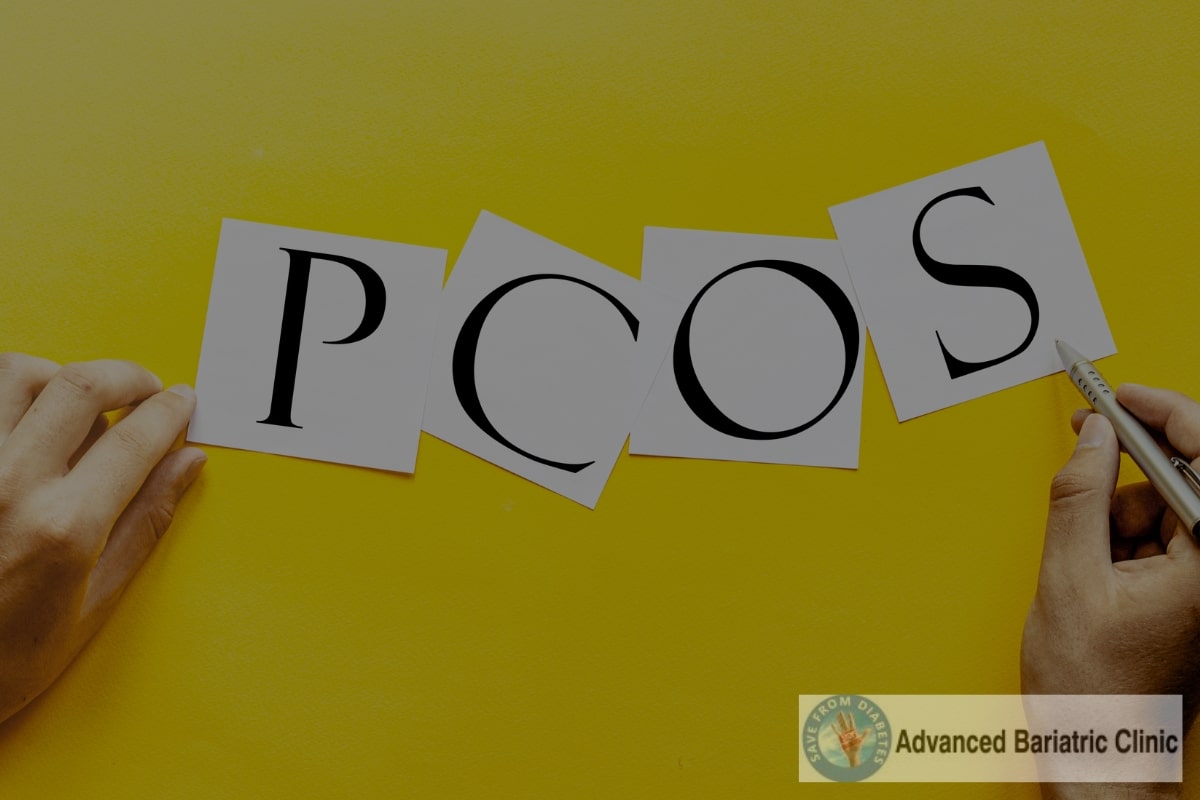The Benefits of Bariatric Surgery: How it can Improve Your Health and Quality of Life
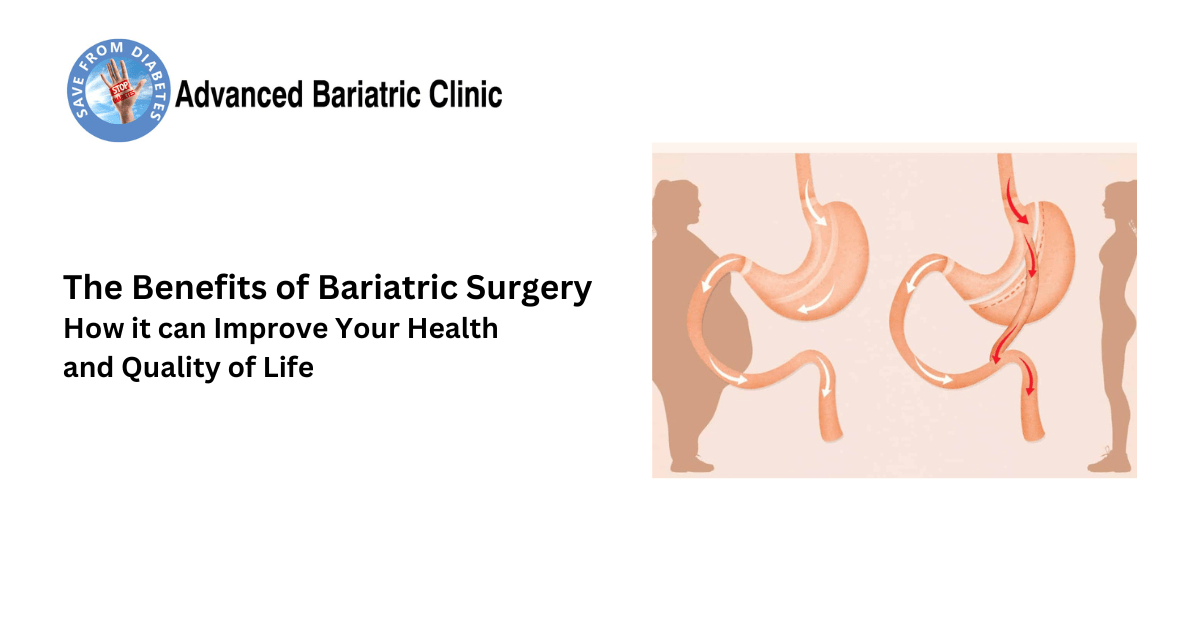
- advancedb_admin
- April 11, 2023
- 8:29 am
- No Comments
Bariatric surgery, also known as weight loss surgery, is a type of surgery that helps people lose weight by reducing the size of the stomach or changing the way the body absorbs food. While bariatric surgery is not for everyone, it can be a life-changing procedure for people who are struggling with obesity and related health issues.
Benefits of Bariatric Surgery
Improved overall health
Bariatric surgery can improve or resolve many health issues associated with obesity, such as type 2 diabetes, high blood pressure, sleep apnea, and joint pain. Weight loss can also decrease the risk of developing other conditions, including heart disease and stroke.
Better quality of life
Losing weight can improve your overall quality of life by increasing mobility, energy levels, and self-esteem. It can also lead to improvements in mental health, such as reduced anxiety and depression symptoms.
Also Read About: How do You Know if You Need a Nutritionist?
Long-term weight loss
Bariatric surgery can lead to long-term weight loss when combined with healthy lifestyle habits such as regular exercise and a balanced diet. Studies have shown that patients who undergo bariatric surgery can lose up to 60-80% of their excess weight and maintain the weight loss for several years.
Reduced healthcare costs
By improving or resolving obesity-related health issues, bariatric surgery can reduce the cost of healthcare in the long run. Studies have shown that bariatric surgery can lead to a significant decrease in healthcare costs over time.
If you’re considering bariatric surgery, it’s important to consult with a qualified bariatric doctor in Hyderabad. A skilled and experienced bariatric surgeon can help you determine if you’re a candidate for the procedure, discuss the risks and benefits, and recommend the best course of action for your individual needs. With the help of a top-rated bariatric doctor in Hyderabad, you can achieve significant weight loss and improve your overall health and quality of life.
Recent Posts
-
 Caring for Young Warriors: Managing Diabetes in Children and Adolescents in Hyderabad
Caring for Young Warriors: Managing Diabetes in Children and Adolescents in Hyderabad -
 Demystifying Diabetes in Hyderabad: Prevalence, Causes, and Preventive Measures
Demystifying Diabetes in Hyderabad: Prevalence, Causes, and Preventive Measures -
 Balancing Tradition and Health: Traditional Hyderabadi Foods for Diabetes Managemen
Balancing Tradition and Health: Traditional Hyderabadi Foods for Diabetes Managemen -
 Navigating Diabetes in Hyderabad's Climate: Tips for Effective Management
Navigating Diabetes in Hyderabad's Climate: Tips for Effective Management -
 Why Advanced Bariatric Clinic is the Best Diabetologist in Hyderabad
Why Advanced Bariatric Clinic is the Best Diabetologist in Hyderabad


